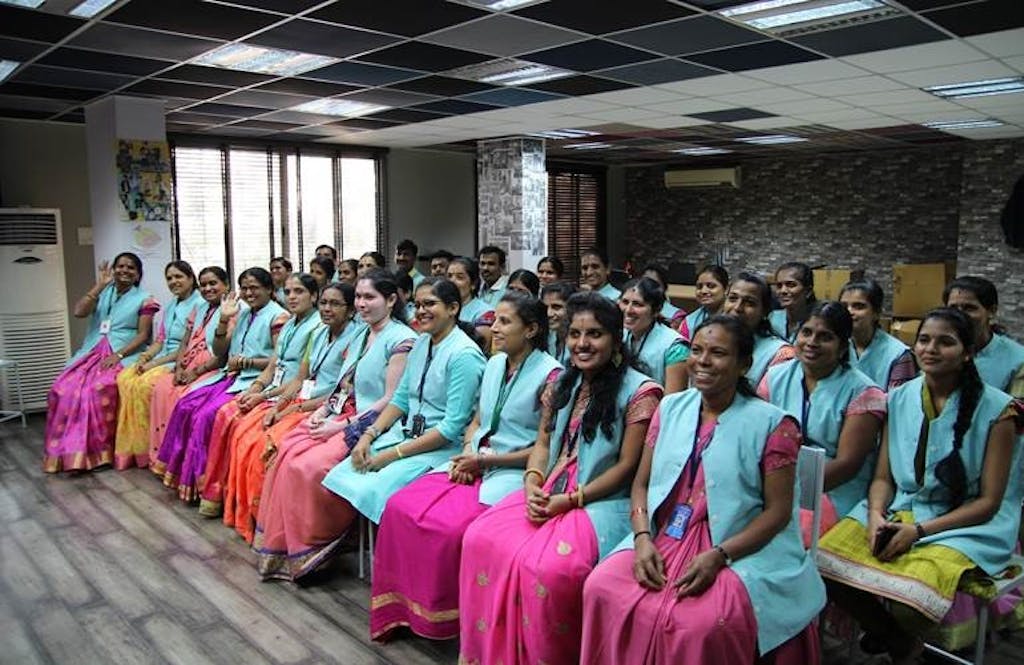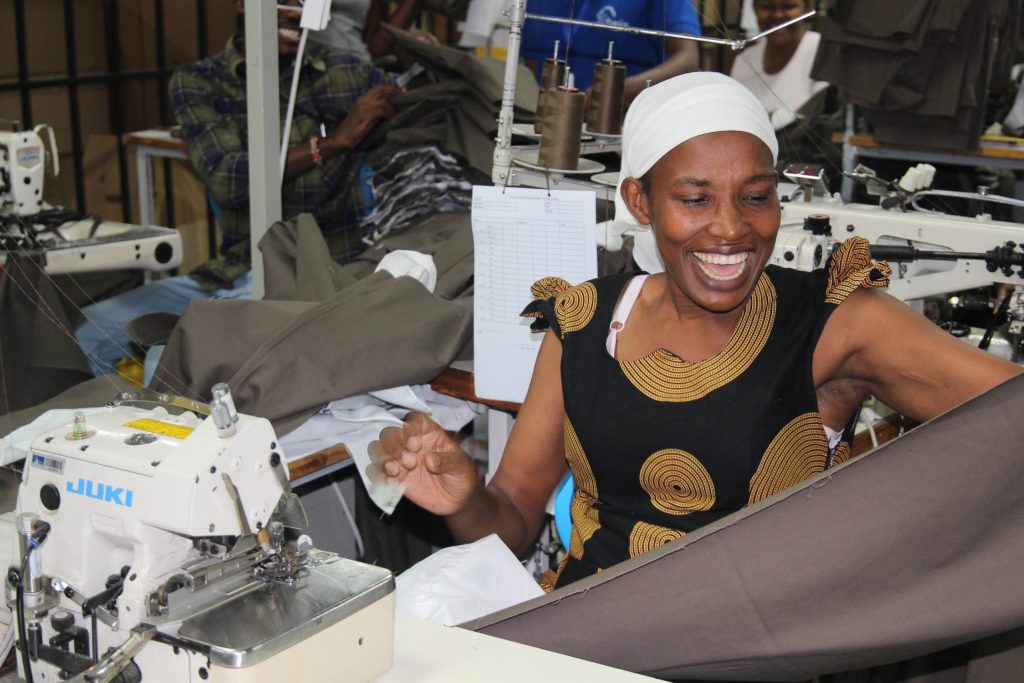As COVID-19 continues to surge globally, communities and international areas are going by way of the very exact well being, social, and financial impacts of the pandemic, and full industries are being upended in methods we’ve by no means seen earlier than. however women and women — the backbone of the current and future worldwide workforce — are disproportionately in hazard. firms should reply to the well being and properly-being wants of their feminine workforces, and a lot of are dedicated to taking that accountability.
earlier than COVID-19 hit, women in low-useful resource international areas had been coming into the formal workforce at unprecedented expenses, notably inside the attire and agriculture sectors. women make up 60 to eighty% of export manufacturing workers and three-quarters of the 60 million to seventy five million workers in textile, clothes, and footwear current chains. one among every 4 employed women is working inside the agriculture enterprise. the frequent woman employed in a majority of these jobs is paid under a dwelling wage, is a contract worker with little prolonged-time period stability or social safety internet, and usually faces fully different components that marginalize her — probably she is a migrant working faraway from dwelling, or she is going by way of well being challenges for which care is out of attain. women’s well being, rights, and properly-being are too usually uncared for in these circumstances — and that is very true now, inside the midst of the pandemic.
COVID-19 didn’t make women’s well being wants much less vital — it solely amplified their significance — and firms are realizing that the well being and properly-being of their feminine workers is essential to constructing again prolonged-time period resilience. firms, notably these with worldwide current chains that primarily make use of women, have a clear alternative to fulfill their feminine workers the place they’re — inside the office — with important well being and empowerment knowledge and providers.
Momentum has been constructing on agency movement on workers and women’s well being. In 2019, eleven important worldwide firms introduced new and expansive commitments to enhancing the well being and properly-being of a mixed tons of of 1000’s of women working of their current chains. One 12 months later, firms are more and more connecting the dots between meeting the important well being wants of their feminine workers and realizing the enterprise returns and resilience that embrace it. although none have escaped the impacts of COVID-19, these identical firms have maintained, and in some circumstances, expanded, their functions to make sure that the important wants of their feminine workers are met, from reaching tea property workers and their households with knowledge on healthful diets and maternal, toddler, and youthful little one vitamin; to screening for breast most cancers at a garment producer — and figuring out two circumstances for remedy that will in any other case have gone unnoticed; to teaching administration inside the identification and prevention of sexual harassment and gender-primarily based violence in factories in India and Morocco.

And now, extra firms are pledging movement: The Farida Group, one among many largest producers of sneakers in India; modern Del Monte Kenya, a regional producer of juices; the Ethiopia Horticultural Producers Exporters affiliation, representing over one hundred thirty export farms; and worldwide attire firms PVH and MAS Holdings have introduced daring, measurable, and time-certain commitments by way of the UN basis’s private Sector movement for women’s well being and Empowerment initiative to attain feminine workers with well being and empowerment knowledge and providers comparable to contraception, maternal well being care, menstrual well being care, management teaching, anti-harassment functions, and reproductive most cancers screenings. the purpose of these efforts is to not launch one-off functions, however to assemble workers’ well being and properly-being into the core enterprise method of the agency in a sustainable method. office women’s well being is about guaranteeing workers have entry to the knowledge and providers they’ve a proper to and in addition about respecting the intrinsic worth of women having administration over their well being and lives in methods in which allow them to thrive of their jobs and their life pursuits. that will not be a silver bullet to unravel the challenges confronted by many women working in worldwide current chains, however addressing well being and properly-being wants helps construct a basis from which fully different wants and rights may even be addressed.
that is all a ingredient of a rising progress: prospects are more and more wielding their procuring for vitality to demand moral practices and sustainability from worldwide firms, and civil society is monitoring how these practices play out truly. for the rationale that pandemic hit, the #PayUp advertising campaign has galvanized larger than 200,000 people to name on worldwide attire firms — an enterprise that is notably laborious-hit inside the pandemic — to honor their contracts to make sure garment workers are paid pretty on this time of disaster, and worldwide labor organizations have echoed the sentiment. in the meantime, the World Benchmarking Alliance launched a groundbreaking report that sheds gentle on how the very biggest worldwide attire firms are — or are often not — sharing knowledge associated to gender equality efforts all by way of their worldwide current chains, discovering that there may even be not a clear chief inside the sector and, instead, an alternative for firms to take concrete movement to reinforce the lives of their workers.
It’s clear there may even be demand and alternative for firms to do extra on this dwelling. they’ve not solely a accountability to meet their commitments to their workers and current chains however additionally an crucial to place money into the well being and properly-being of their feminine workers by meeting their particular person wants and rights whereas constructing in direction of a sustained restoration that makes people and worth chains much less liable to future crises.
we have a prolonged method to go for women and women everywhere to understand full well being, rights, and equality. Now larger than ever, we want to work collectively to shield women’s well being and rights to hold away from losing lives and to assemble in direction of a extra resilient future by which we’re actually equal everywhere. this may take all sectors of society — governments, civil society, the private sector — working collectively. however larger than that, it is a as quickly as-in-a-period alternative to do enterprise in a single other method, so when the pandemic disaster eases, we do not return to enterprise as standard; instead, we give consideration to new methods of doing enterprise — for women, for workers, for communities.
Featured photograph: © common entry mission

